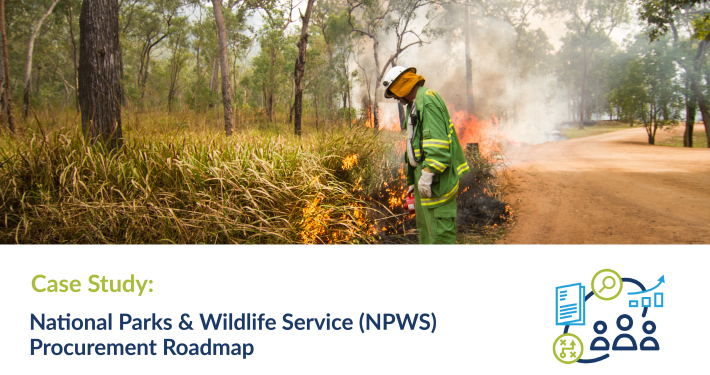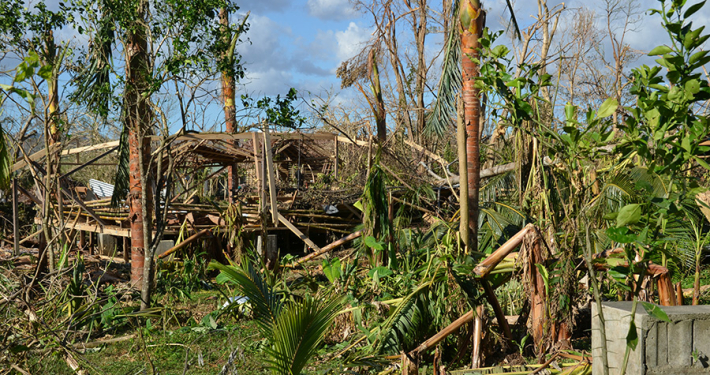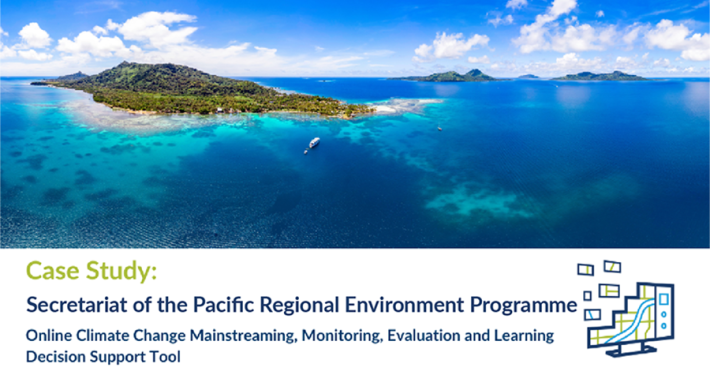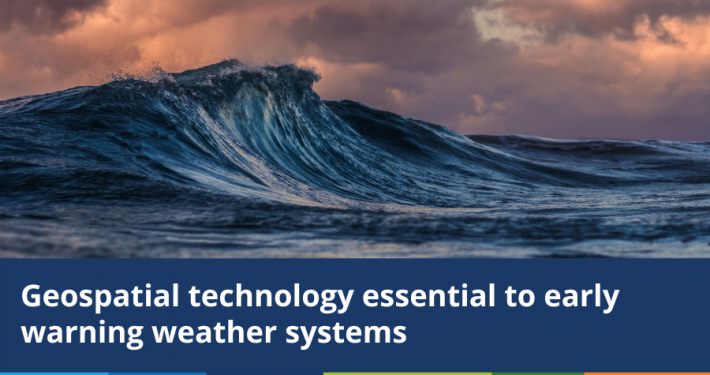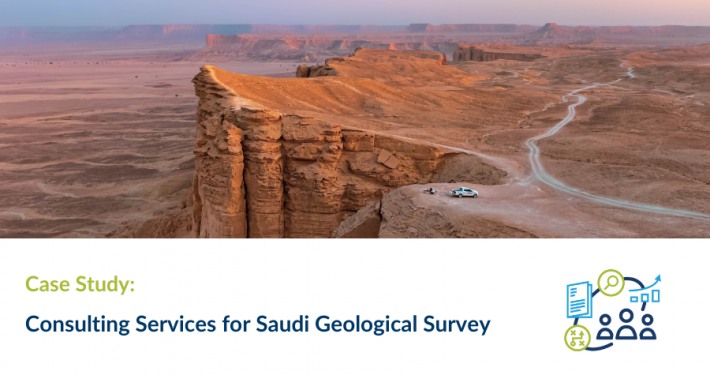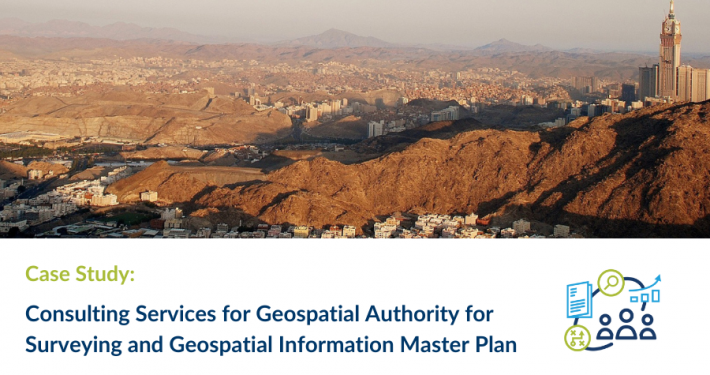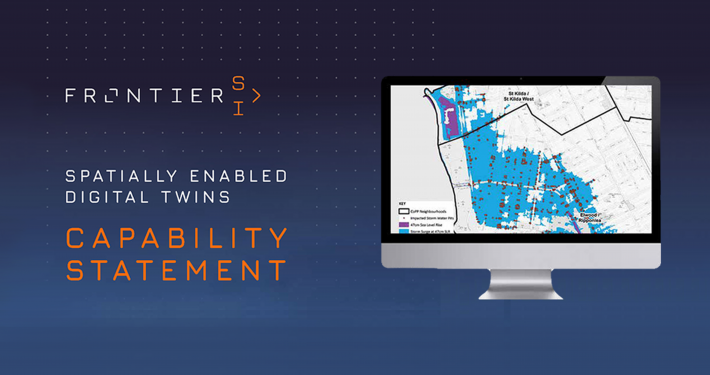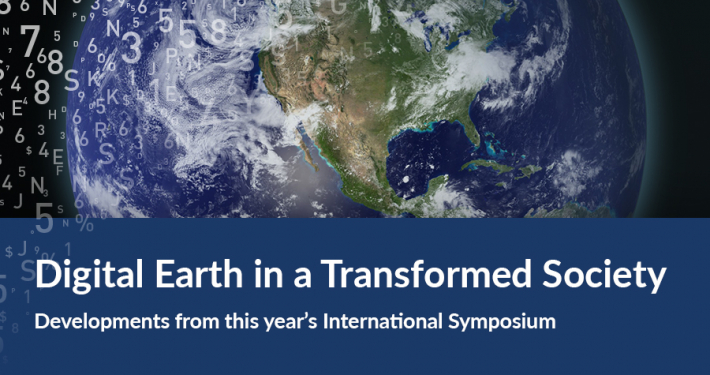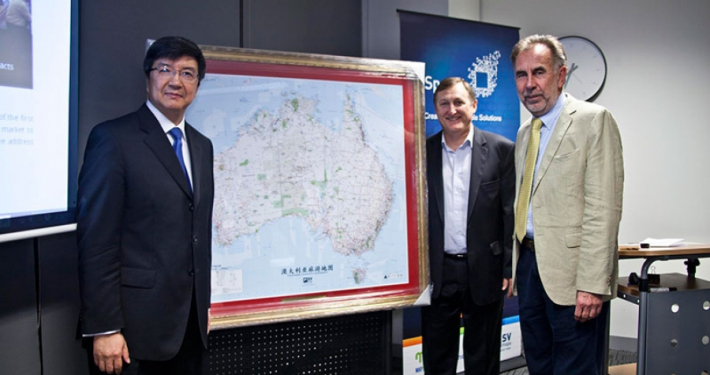Middle East
The Middle East region is growing rapidly and there is increasing pressure on transport networks, infrastructure, housing and resources. Smart services call on the Internet of Things, bringing together multitudes of data that can help drive innovative, smart city design and data services. Spatial Vision can develop data frameworks and strategies to establish a foundation for data services that call on geospatial information. We help to establish geodetic networks, develop cadastral maps, develop data specifications, provide data architecture design and infrastructure and can work with you to build data services that best serve the public.
 https://spatialvision.com.au/wp-content/uploads/2024/08/GCA-awards_600x350.jpg
354
600
Samantha Sinclair
https://spatialvision.com.au/wp-content/uploads/2020/04/SV_Logo_Inline.png
Samantha Sinclair2024-08-26 11:38:572024-10-11 15:55:07Celebrating success at the Geospatial Council of Australia awards 2024
https://spatialvision.com.au/wp-content/uploads/2024/08/GCA-awards_600x350.jpg
354
600
Samantha Sinclair
https://spatialvision.com.au/wp-content/uploads/2020/04/SV_Logo_Inline.png
Samantha Sinclair2024-08-26 11:38:572024-10-11 15:55:07Celebrating success at the Geospatial Council of Australia awards 2024





